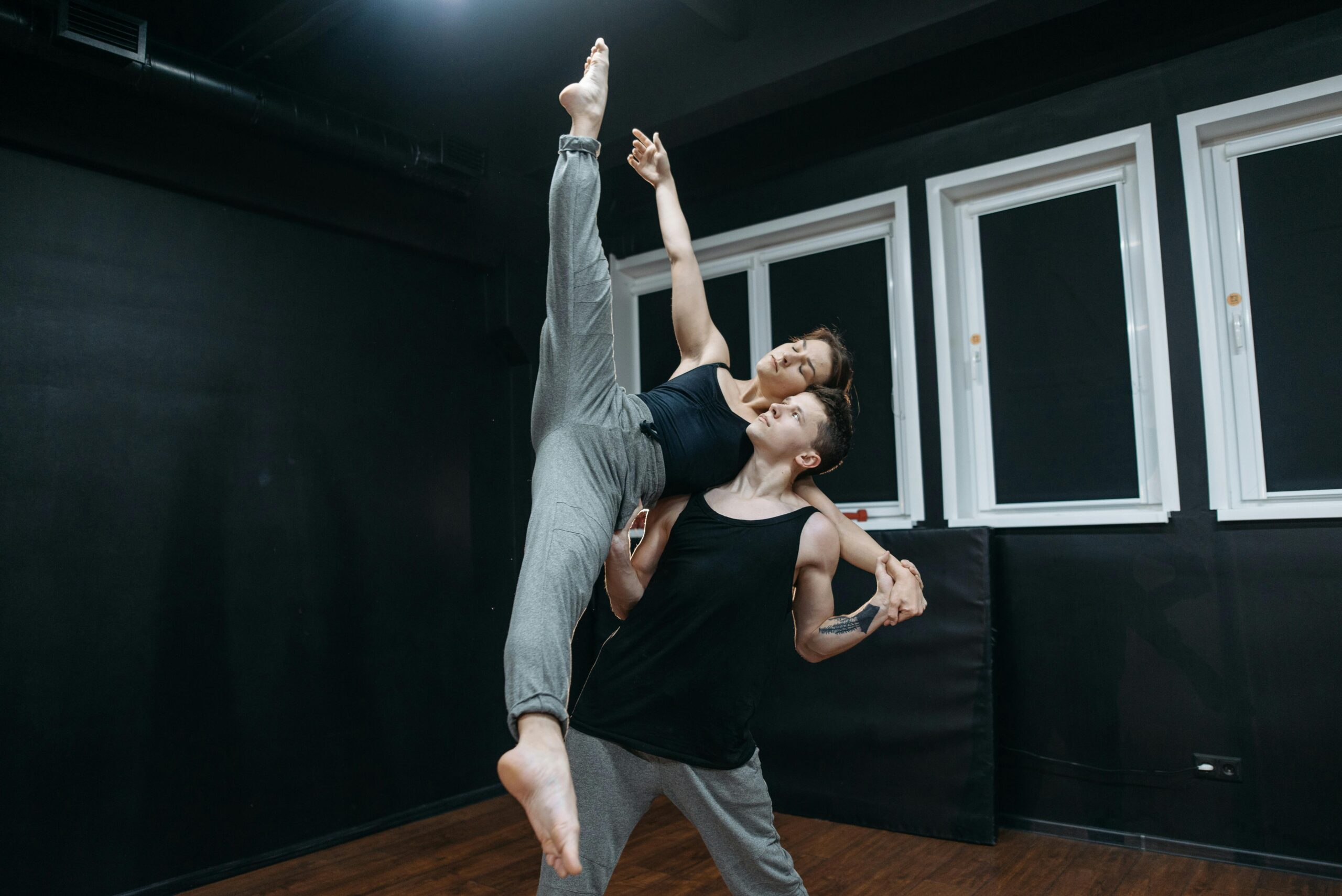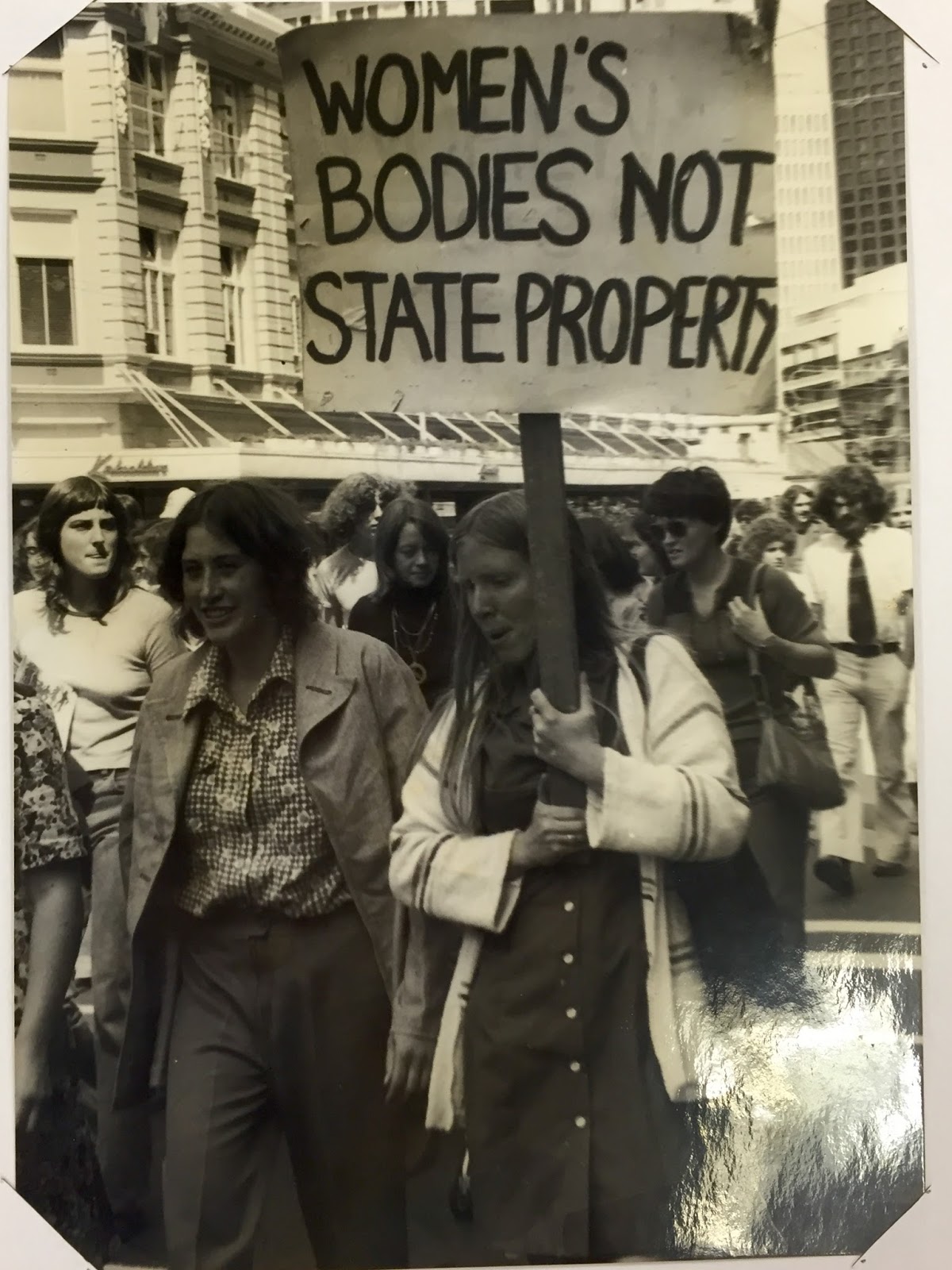The tone of International Women’s Day on 8 March is generally celebratory. Many organisations from educational institutions, to trade unions to business circles now mark IWD to celebrate and acknowledge the work and leadership that women offer, whether that be in the home or outside. The first IWD was not simply about celebrating. Of even greater importance was the political intervention by working women to demonstrate international workers’ solidarity, to fight against capitalism, and to win the vote for women to strengthen the struggle for socialism.
The first IWD was celebrated in 1911. Revolutionary socialists Clara Zetkin and Alexandra Kollontai were instrumental in getting this off the ground. Kollontai was highly prominent in the Bolshevik Party and was a strong advocate for women’s rights within the party. After the successful Russian Revolution she established Zhenotdel, which worked to improve the status of women in Russia. Her insights and lessons from International Women’s Day remain as relevant today.
Lesson 1: Winning “Rights … is not enough”
Kollontai understood that winning rights was important. After the 1917 revolution, the Bolshevik government instituted many new rights for women such as the right to vote, the right to divorce, decriminalising abortion and prostitution. However, she was clear that, “Rights alone are not enough … Working women and peasant women can only rid themselves of this situation and achieve equality in life itself, and not just in law, if they put all their energies into making Russia a truly communist society.”
Today, we can see that while the women’s liberation movement of the 1960s and 1970s, and campaigns around LGBTIQ+ rights, have forced some important legal victories, women’s and other forms of gender-based oppression still remain.
The most striking example of this is New Zealand’s gender pay gap. If rights were all we needed to fight for, we wouldn’t have a staggering 17 percent gender pay gap between women and men. The Equal Pay Act was instituted in 1972 and yet women continue to get paid less for their work. It took further action from aged-care worker and unionist Kristine Bartlett to take her employers to court. She went all the way to the Supreme Court. Unsurprisingly, in 2017 the Supreme Court found that “gender discrimination” accounted for decades-long underpayment. The Equal Pay Amendment Act which passed last year is a step forward because it takes into account the concept of pay equity, the idea that men and women should receive the same pay for doing jobs that are different but of equal value. Similar skills and experience, responsibilities, working conditions, degrees of effort can be considered now. However, bringing cases is a lengthy process that may take years to resolve.
Lesson 2: “ The shackles of the family, of housework … still weigh heavily on the working woman”
The nuclear family continues to play a pivotal role in and is a site of women’s oppression under capitalism. Something Kollontai recognised as one of the reasons change had not come soon enough. When Kollontai talks about the family being a site of women’s oppression, she’s referring to the social and economic role that the nuclear family unit plays under capitalism. The oppression of women is reinforced by both the experience of exploitation in the workplace and the unpaid labour that women particularly are expected to carry out in the home, their “second shift”.
The capitalist class needs a guaranteed steady supply of cheap labour power, and this means taking an active interest in the reproduction of the working class. Household and family life has thus been molded, reinforced and transformed according to the changing needs of capitalism.
According to the last census, women account for some 67 percent of all unpaid domestic labour and do more unpaid labour at every level, from childcare to housework to caring for dependents. And that’s the just work itself. French comic book artist Emma drew about this “mental load” associated with carrying out the work: When do bills need to get paid? What are we having for tea tonight? Whose birthday is coming up? More often than not, it is women who are expected to carry this invisible load.
From the cradle to the grave, unpaid labour by women provides a social service essential to the maintenance of the workforce, and therefore to the profits of capitalism. Sexist ideology is there to convince women – and men – it’s not only women’s responsibility, but also our biological destiny, to find personal fulfilment in carrying out this work.
Sexist ideology is needed to justify and normalise the inequality of women. Gender stereotypes form an important part of this by pressuring women to conform to various sexist roles, including that of available and attractive sexual partner, or nurturing and self-sacrificing mother and carer. These may have changed and adapted over time, but so long as society demands that women fulfil gendered economic and social roles they will persist.
LGBTIQ / Takatāpui youth who do not fit their assigned gender roles are also oppressed because they do not fit into the traditional gender-assigned roles of the nuclear family.
Sexist attitudes and ideas seem inescapable, not because they are natural but because they are perpetuated by every institution in society: the media, education and legal systems. They are continually reinforced by our real experience of inequality.
Behind this day-to-day experience of sexism: sexist attitudes, abuse, catcalls, misogynistic behaviour and stereotypes, it is important to see that it is the capitalism system at the heart of the matter.
Lesson 3: Greater representation has its limits
Another important lesson from Kollontai is the limitation to change that can be achieved by simply putting more women into parliament. She observed the “overworked” and “under-privileged” situation of women in capitalist countries despite them winning the vote and concluded that “While the power is in the hands of the capitalists and property owners, no political rights will save the working woman from the traditional position of slavery in the home and society”.
Here in New Zealand we have a Prime Minister and Leader of the Opposition who are women. The Labour Party parliamentary caucus has 55 percent women and the Green Party has 70 percent. Jacinda Ardern’s leadership has been highlighted globally. Her handling of the pandemic has been unequivocally better than other governments which have compromised public health by conceding to the needs of capital to turn a profit. It is undeniable that Ardern’s handling has been immeasurably better, and that needs to be recognised. But what are we comparing her to? Gross incompetence by rightwing libertarians Boris Johnson and Donald Trump.
There are grim realities that face women now. Covid-19 has affected women worse than men. Māori wāhine and Pacific women are taking the brunt of unemployment in the downturn: Male unemployment stands at 4.5 percent to 5.4 percent female. Unpaid labour in the home is likely to intensify if New Zealand returns to lockdown.
The risk of gender-based violence, such as family and sexual violence, disproportionately affects women. Home isolation means women and children are more exposed to their abusers, and are unable to escape to relatively safer spaces like school and work.
These are realities that greater women’s representation has not and will not help. We need to dismantle the structures that cause oppression rather than voting for greater women’s representation in the mistaken hope women are able to run an inhumane system more humanely.
Lesson 4: We need revolutionary change
Kollontai wrote about the need to “overthrow capitalism and establish … soviet power”. Sexism cannot be understood in isolation from other forms of oppression, nor, importantly, the exploitation of the working class. Her full quote goes “only the overthrow of capitalism and the establishment of soviet power will save them from the world of suffering, humiliations and inequality that makes the life of the working woman in the capitalist countries so hard.” A century later, the need to overthrow capitalism remains even more urgent as we stare down the barrel of a global pandemic, an economic crisis and global climate change inaction.
We need to learn the lessons of the past. One of these is that the institutions of the state are dominated by a capitalist ruling class that seeks to maintain the status quo. The state cannot be simply taken over through elections to institute revolutionary change. It has to be uprooted and replaced by new structures of democratic popular power.
As Marxists, we look to the power of the mass of ordinary people, the 99 percent who create the wealth in society but do not control it. Mass action from below is the most effective way to get real and lasting change.
We do not look to the working class just because of numbers. In Karl Marx’s days the working class was tiny. Capitalism was only just beginning to stretch its tentacles across the globe. Nevertheless, Marx saw the potential collective power of the proletariat or working class. Working-class struggle brings workers together in solidarity and frequently leads to challenging the bigoted ideas that capitalism relies on to divide us. That is why it is vital to demonstrate solidarity when those who are oppressed rise up, like Black Lives Matter in the US or an occupation asserting land rights in Aotearoa.
Workers have the collective power that can bring business to a grinding halt. Mass strikes have the power to demand reforms and ultimately bring capitalism to its knees.
“Only struggle educates the exploited class”, as the Russian revolutionary Lenin put it. Struggle can call into question many of the ideas that capitalists rely on to maintain their dominance. The idea that women workers were a competitor to men needed to be overcome for unions to launch the strikes that won formal equal pay.
Ideas of sexism, nationalism, racism and homophobia might be accepted by many workers, but they are not in their material interests. Such ideas divide ordinary people and pit us against each other, misdirecting anger away from the ruling class.
The shared experience of exploitation means that the working class can unite. It is the class that contains the majority of all oppressed groups: every race, religion, sexuality and gender. Class struggle breaks down the divisions of discrimination. It pushes oppressed people into leading roles and helps bring forward their demands.
But there is nothing inevitable about this. The conscious intervention of socialists can help raise class consciousness and broaden the horizons of struggle. It was Marxists who launched International Working Women’s Day in 1910. Communists first raised the demand for equal pay in the union movement. It might at times be necessary to argue with workers to use their collective power to fight against sexism on the job and in society at large. But it is an argument we can be confident of winning because sexism weakens our side and unity is the best way to build a movement that can win real gains.
Women’s liberation must therefore be central to the fight for socialism. This is why Marxists have been pioneer fighters for women’s rights around the world. The oppression of half the world’s population is a powerful tool for our rulers, but it can also be the catalyst for the kind of explosive struggle that can tear their system down.
Wherever there is oppression, there will be resistance. Socialists throw themselves into every fight against injustice: the Māori land rights movement, the struggle against sexism, against the far right, and for climate justice. Challenging sexism today can mean fighting for free and unrestricted access to reproductive services, confronting misogynistic propaganda in the media or taking on the systematic sexist abuse that permeates all capitalist institutions.
Understanding how these injustices are tied into the capitalist economic system helps develop strategies that can win reform in the here and now, but also take steps towards building a stronger socialist current committed to the liberation of all.
We need to re-learn and remember International Women’s Day’s true legacy and lessons for a truly liberated society. We need to politicise International Women’s Day to highlight the necessity to struggle and fight for a classless socialist society as Zetkin, Kollontai and their comrades did over a century ago.
“Only the overthrow of capitalism and the establishment of soviet power will save them from the world of suffering, humiliations and inequality that makes the life of the working woman in the capitalist countries so hard. The “Working Woman’s Day” turns from a day of struggle for the franchise into an international day of struggle for the full and absolute liberation of women, which means a struggle for the victory of the soviets and for communism!” – From ‘A Militant Celebration’ by Alexandra Kollontai, 1920.









